The Malaysian government and Malindo Air (Kuala Lumpur International) have met to discuss the retrenchment of more than half of the airline’s workforce, after unions slammed the move, charging that government aid to the airline should have averted more job cuts.
The Lion Air Group subsidiary has laid-off 2,200 of its 3,200 employees on three-months’ severance pay, with all retrenchments expected to take effect by November 30, 2020.
This is according to an internal memo from Malindo Air Chief Executive Officer Mushafiz Mustafa Bakri dated October 28, 2020, and quoted by the New Straits Times. "Rest assured that the company has taken into account the due process in compliance with the law and regulations. The relevant authorities also have been duly informed of this exercise," the letter read.
However, Malaysia’s Human Resources Minister Datuk Seri M. Saravanan, the government’s Industrial Relations Department, and the Social Security Organisation (SOCSO) consequently held discussion with the airline relating to compliance with labour laws and measures to assist the affected employees.
Saravanan afterwards told reporters the Government by November 2, 2020, had received at least 31 complaints from staff who felt they had been unfairly dismissed. Of these, 24 had so far been resolved through negotiations, but he expected more complaints to be filed. Aggrieved employees may file a complaint with the Industrial Relations Department within 60 days of losing their job. He said those retrenched could seek employment allowance assistance for up to six months under the Employment Insurance System (SIP).
The National Union of Flight Attendants Malaysia (NUFAM) in a statement condemned the job cuts, claiming that SOCSO had paid Malindo Air close to MYR3 million Malaysian Ringgit (USD721,000) under an Employee Retention Programme (ERP). It charged the airline should have been able to retain most of its workers until the middle of 2021. The union pointed out that many employees were already on long-term leave until July 2021, and that most had not received salaries since June 2020.
In the memo, Mushafiz said the pandemic and border closures had had a crippling effect on Malindo Air’s revenue, which was currently merely 10% compared to pre-COVID-19. The airline was still unable to fly internationally due to border closures and there was hardly any demand for domestic air travel.
He noted the carrier had implemented many “drastic steps” to curtail fixed and operating costs. "Our fleet size today is 50% of what it was earlier and even with the current reduced fleet, most of the aircraft are on long-term parking," the memo stated. Previously, Malindo Air operated a fleet of 27 aircraft comprising six B737-800s, two B737-900ERs, three B737-8s, and fifteen ATR72-600s. According to the ch-aviation Commercial Aviation Aircraft Data module, its active fleet has been reduced to 13 aircraft, including seven ATR72-600s, four B737-800s, and two B737-900(ER)s.
In addition, the airline had suspended all recruitments and wages increases, ceased allowances, and executed voluntary long term unpaid leave, and voluntary severances, Mushafiz said.
- Type
- Base
- Aircraft
- Destinations
- Routes
- Daily Flights
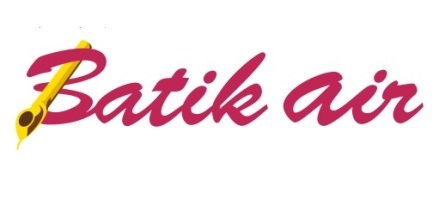
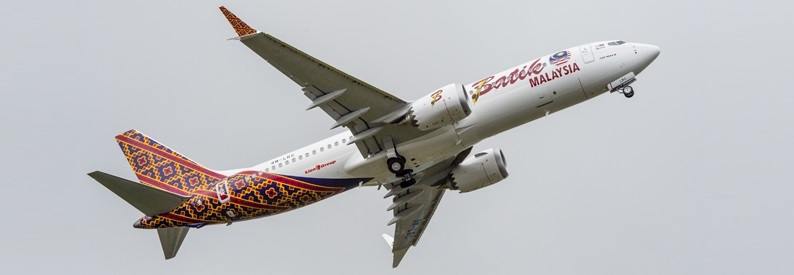
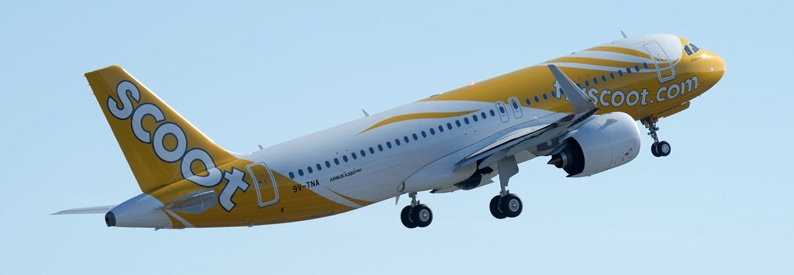
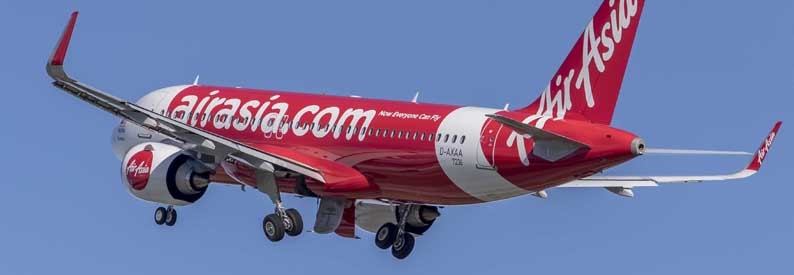
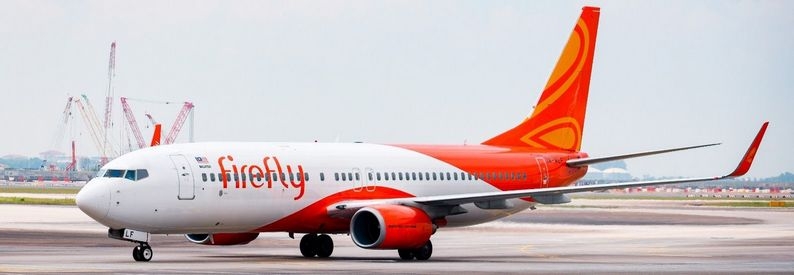
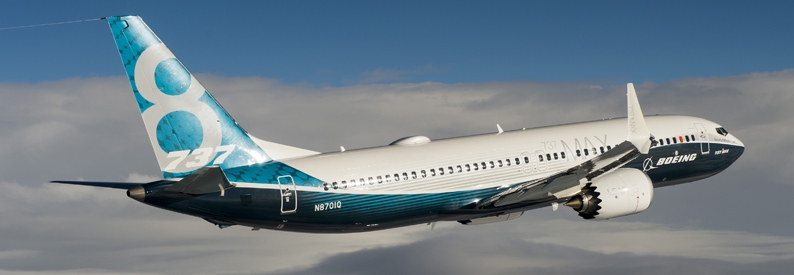
Editorial Comment: The conversion of Malaysian ringgits to US Dollars was corrected - 08Nov2020 - 21:04 UTC